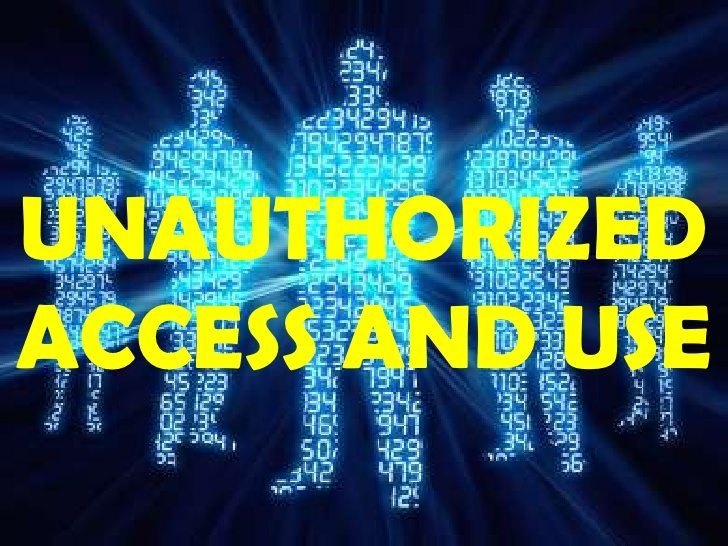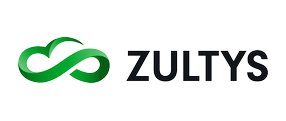Unauthorized access (aka hacking into) your phone system is nothing new.
But that doesn’t make you immune to it. It’s a serious problem that requires your attention.

Years ago, hackers would find a way to tap into your outside lines and make calls manually. Usually by gaining access through a voice mailbox, so they could make international calls. Or sell that access to your system’s lines to someone else.
And you wouldn’t usually find out about the breach until your next long distance bill arrived with higher than normal charges. Sometimes they would go undetected by flying under the radar for a couple months before launching their attack.
Fast forward to today. It’s still happening, but it’s a little more intrusive. With today’s technology and smarter bad guys, it’s automated. Which means that in many cases, they can take over all of your lines – simultaneously.
The result: You can’t make or receive calls because all of your lines are in use.
The incidents we see are not identical. But I can tell you that one of the common denominators is “weak” passwords. It’s like leaving your front door unlocked and wondering why your house was robbed.
So if we know that weak passwords are an Achilles Heel, it means that you can do something to deter or prevent this from happening to you and your Company.
It is for this reason that we urge you (and all of your staff) to create stronger passwords. This includes making your passwords longer than 4 digits. Go for 6 to 8 digits. I know it’s a PIA, but it’s a very good preventative measure.
In addition to your passwords, they will also try to gain access to your VoIP server’s IP address. So it’s best to keep it protected behind a firewall. We’ve also seen where a remote user’s phone was accessed through their home network. And you guessed it, a weak password was the cause.
The whole point here is not to scare you. It’s simply a reminder that you need to be aware of what’s going on and remain vigilant.

So it’s pretty obvious but worth repeating that using passwords like 0000, 1111, 1234, or your extension number puts you in jeopardy of having your system compromised. And while there’s no guarantee that you can stop someone from gaining access, making it as difficult as possible with a few simple techniques is well worth it.
The same goes for your computer network. It’s not just about phones. Your network firewall has most likely been “pinged” for unauthorized access multiple times in the past. And probably will be again in the future. Think about it like this; you wouldn’t leave the office with the warehouse door propped open, or side entrance unlocked, right? So keep yourself safe all around.
And don’t take it personally if it’s happened to you. It’s most likely someone on the other side of the globe working for “Dr. Evil”. You’re just a phone number or IP address to them.
Lastly, you should also ask you dial tone provider to restrict international calling (unless of course you need to call internationally).
Need some motivation to thwart a potential attack? Carriers will rarely forgive toll charges resulting from unauthorized use of your phone system and services. These costs are your responsibility!
If anyone has additional information that could help keep hackers at bay, please let me know and I will pass it on by sharing it in another post.
Thank you for supporting The IDeACOM Network!


Recent Comments